Lampung, Indonesia (MINA) – Dompet Dhuafa (DD), a prominent Indonesian philanthropic organization, has launched the Maggotin Program, a community-based project that uses Black Soldier Fly (BSF) larvae, commonly known as maggots to break down organic waste. The resulting larvae are then used as protein-rich feed for catfish and poultry, offering an affordable and sustainable alternative to commercial feed.
The program began in late 2023 in Karang Anyar Village and has quickly gained traction among local residents. Beyond addressing the increasing problem of waste, it has created income opportunities for families who previously had limited economic prospects.
“Through Maggotin, we aim to show that waste is not a burden, but a resource,” said Nandrianto Suparno, Director of DD Lampung. “Residents are now not only producing their own fish feed but also generating additional income from aquaculture.”
A local group of 20 participants manages a maggot farm that processes over 500 kilograms of waste per day or equivalent to around 15 tons a month. The fast-growing BSF larvae, which reach maturity in just eight days, efficiently break down the waste while offering high yields.
Also Read: KH Anwar Iskandar Re-Elected as Chairman of Indonesia’s Ulema Council for 2025–2030
“The maggots serve as the primary feed for catfish. It’s cost-effective, eco-friendly, and the results have been excellent,” said Wawan Setiawan, the program coordinator.
The initiative also incorporates circular practices. Waste byproducts from the maggot cultivation are converted into organic fertilizer, and dried maggots are further processed into oils for cosmetics and premium pet feed. To supplement the larvae’s diet, leftover bread from local businesses is fermented and used as feed, reducing food waste and creating a closed-loop ecosystem.
Despite its success, challenges remain such as educating households on separating organic from non-organic waste. “Up to 80% of household waste is organic,” Wawan noted. “But most people don’t sort it properly, so community education is critical.”
The program has also helped lift beneficiaries out of poverty. One participant, Paiman, now earns up to IDR 7 million (approximately USD 430) monthly from catfish farming, along with IDR 2 million from selling maggot feed.
Also Read: MUI Warns Government of Risks Behind Proposed Stabilization Force Deployment to Gaza
To expand its impact, DD Lampung plans to scale up the maggot farm after Eid al-Adha and has begun distributing “maggot boxes” with training to encourage home-based farming.
The Maggotin Program is a concrete example of how grassroots innovation, when combined with environmental awareness and community collaboration, can create lasting change.[]
Mi’raj News Agency (MINA)
Also Read: Prof. El-Awaisi: The Mandate to Liberate Al-Aqsa Began at Prophethood





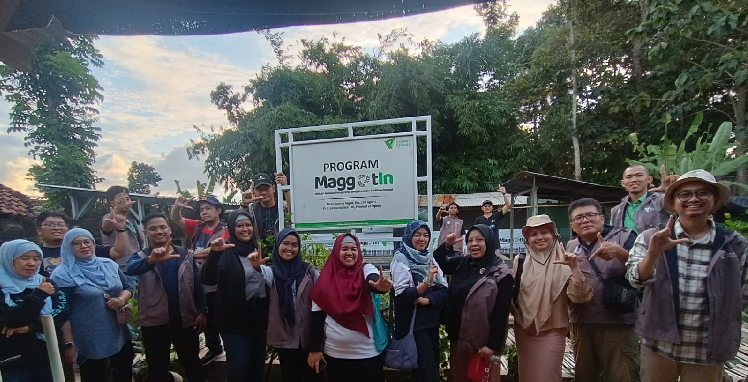






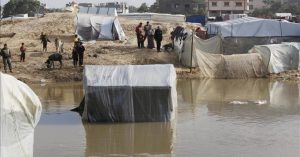



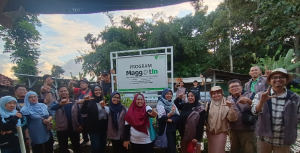

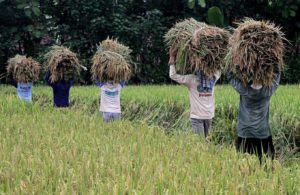
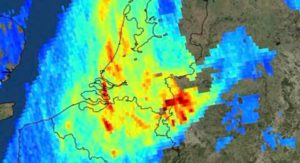














 Mina Indonesia
Mina Indonesia Mina Arabic
Mina Arabic